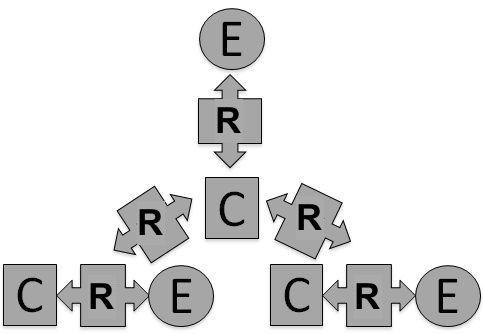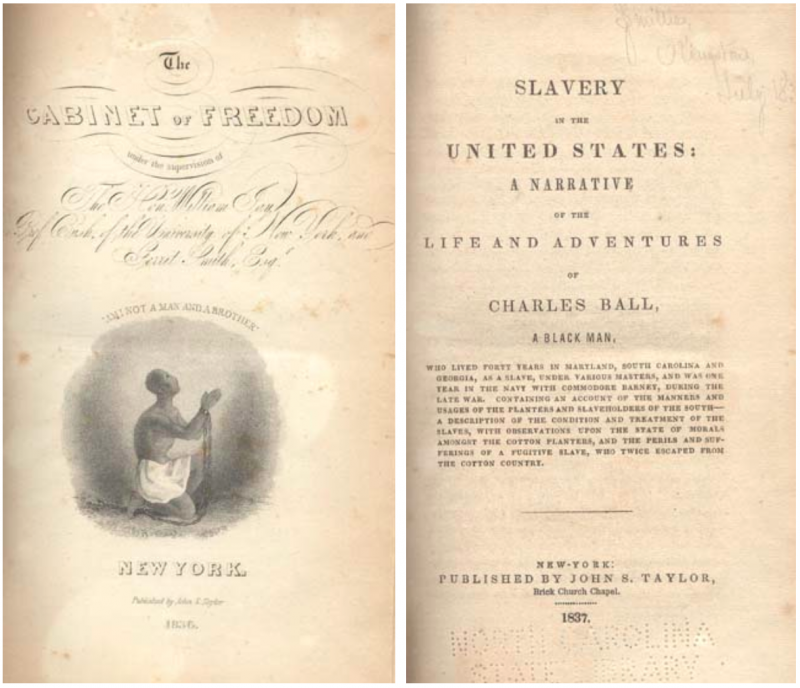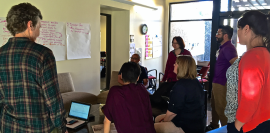Curriculum/Materials

ARISE Blog by Hilda Borko and Jonathan Osborne
Advancing Research & Innovation in the STEM Education (ARISE) of Preservice Teachers in High-Need School Districts features a blog from Professors Borko and Osborne titled, "How Can Elementary Teachers Improve Their Ability to Run Productive Science Discussions?" Click "Visit" below to read the blog and join the discussion.

Assessments of Argumentation in Science
We have explored how well students performed on assessment tasks that test different levels of complexity of argumentation in science. Our assessments were administered over four years to 1,000+ students in the San Francisco Unified School District. All assessment items are about physical behavior of matter, and are designed for use with middle school or early high school students. The tasks assess students’ ability to both construct and critique scientific arguments.

Difficult History Project: Teaching with Primary Sources
The primary goal of this project is to provide high quality professional development modules for teachers to meet a moral and historical imperative to help contribute to excellent education about enslavement in American society and schools.

PRACTISE | Practicum Academy to Improve Science Education
The PRACTISE project, conducted through a collaboration between the Lawrence Hall of Science at the University of California, Berkeley and the Stanford Graduate School of Education, studied the effectiveness of three different professional learning models forelementary school science teachers designed to improve their ability to support scientific argumentation in the classroom. This research study compared the practice of grade 3-5 teachers in an urban school district before, during, and after participating in one of the three professional learning models.

Stanford NGSS Assessment Project
The Next Generation Science Standards (NGSS) have been adopted by many states, including California, but numerous questions remain about how state and local administrators, professional developers, developers of instructional materials and assessments, and teachers will implement the new standards. The Stanford NGSS Assessment Project (SNAP) is focusing on ways that high-quality performance assessment can support the implementation process.
